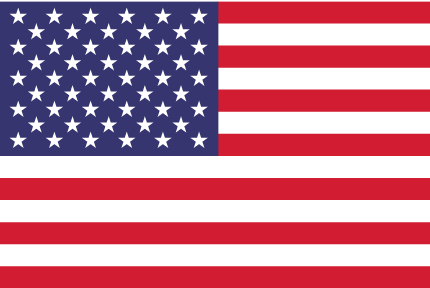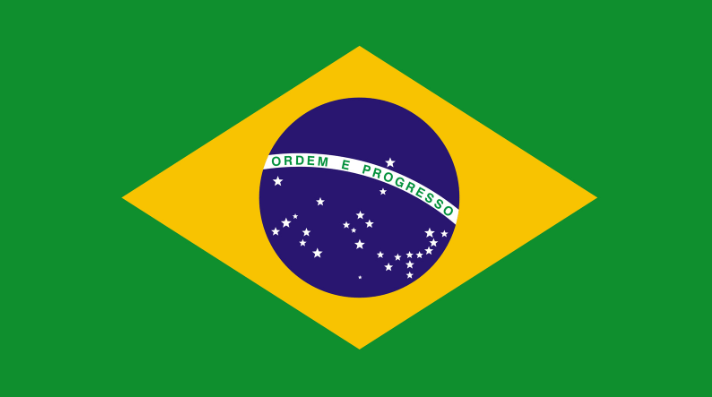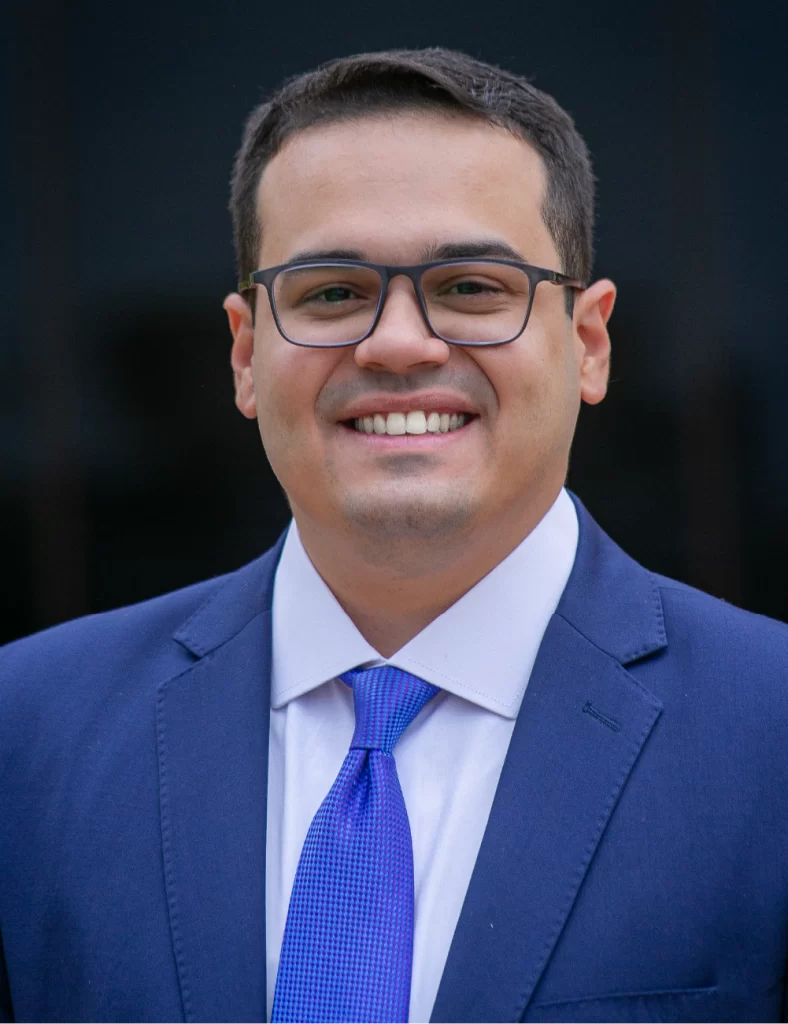HOMOLOGAÇÃO DE SENTENÇA ESTRANGEIRA
Qualquer decisão emitida por autoridade estrangeira, para que tenha validade no Brasil, deve antes ser homologada pelo Superior Tribunal de Justiça, isto é, chancelada pela autoridade judicial brasileira competente.
É extremamente importante que a decisão estrangeira seja previamente analisada por profissionais especialistas em direito internacional, a quem caberá a identificação de compatibilidade da decisão do exterior à lei brasileira, ou seja, se não há nenhuma disposição que seja contrária à ordem pública do Brasil, pois somente assim a homologação será viável.
A documentação a ser apresentada precisa passar por trâmites burocráticos tanto no país de origem como no Brasil, sob pena de rejeição quando da análise pelo Tribunal. Nossos profissionais são ambientados com as exigências administrativas internacionais, e familiarizados com a cultura jurídica de países estrangeiros, permitindo uma assistência eficaz e segura.
Na Martin Advogados, nossos profissionais são fluentes em inglês, com ampla vivência no atendimento de estrangeiros, principalmente dos Estados Unidos, o que nos coloca em posição privilegiada para um atendimento completo, técnico e eficiente.

NÓS DEFENDEMOS NOSSOS CLIENTES
Mais de 600 clientes dos EUA, Brasil, Europa e Ásia atestaram que o escritório de advocacia Mark Martin tem conhecimento e experiência prática em Direito Internacional, Civil e Contratual.






